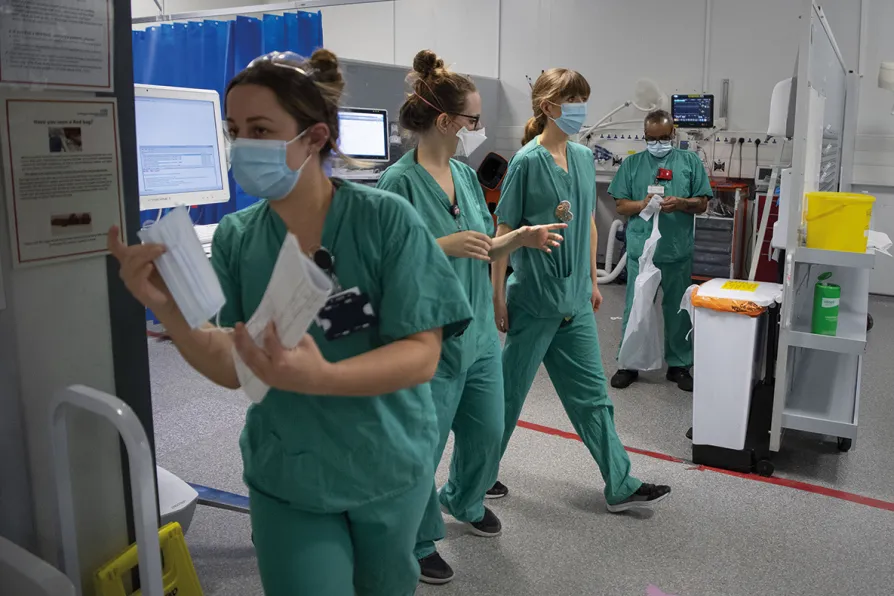The Carpathia isn’t coming to rescue this government still swimming in the mire, writes LINDA PENTZ GUNTER

 FRONT LINE: Staff nurses walk through A&E at St George’s hospital in south-west London
FRONT LINE: Staff nurses walk through A&E at St George’s hospital in south-west London
THERE are nine professional regulators currently functioning in the health system covering everything from nursing and medicine right through to dentistry. The regulators keep a register of persons fit to practice their profession, determine standards of training and practice, advise on conduct and performance and run misconduct processes.
A health professional can be struck off the register if they fail to practice to the highest standards and a duty is placed upon them to put protecting the patient at the heart of everything they do.
When I was an NHS nurse I followed the Nursing and Midwifery Code for 28 years. The fear of losing your pin and being unable to work as a nurse ever again is a powerful motivator to do the right thing when delivering care to patients.














